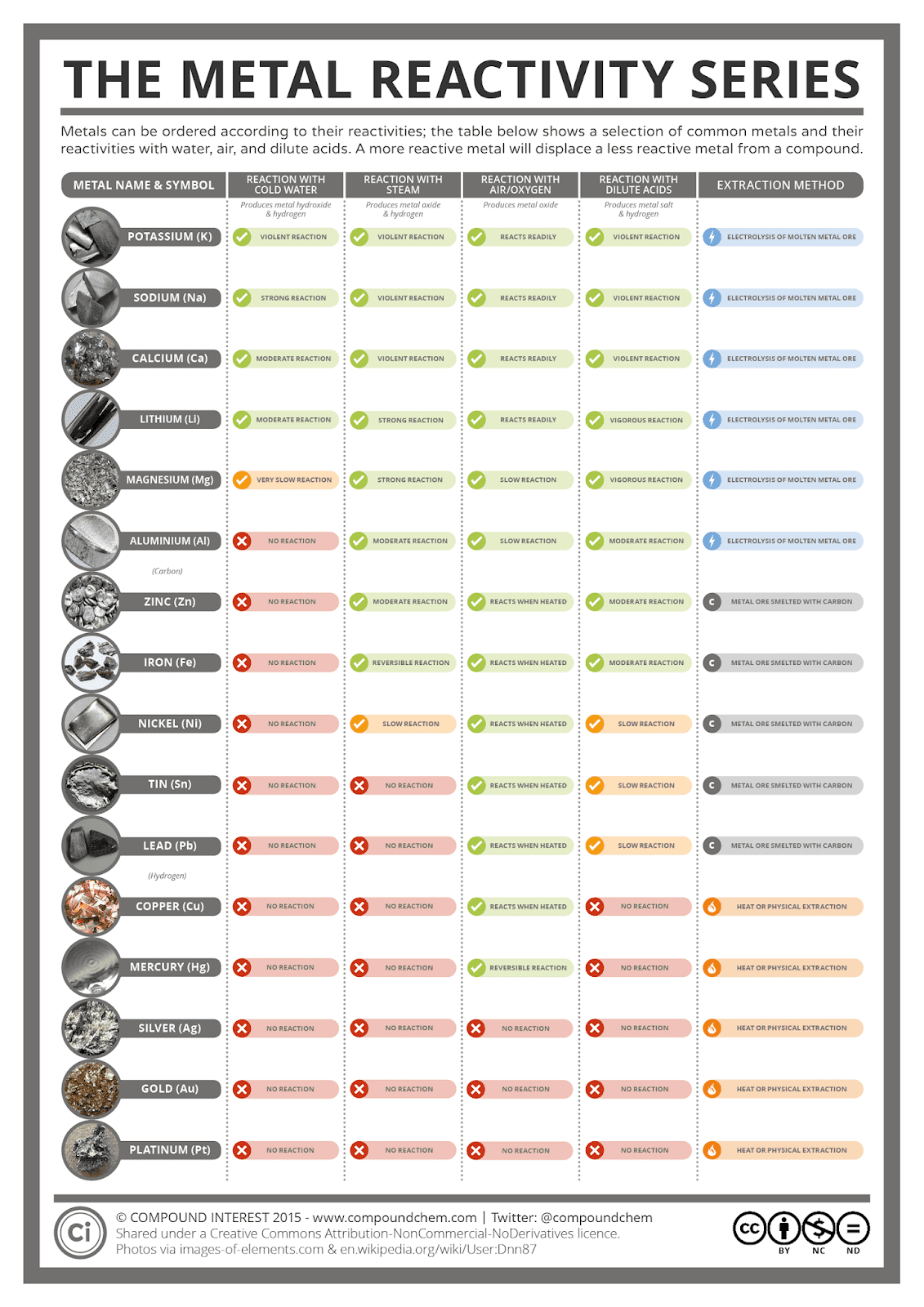Add Red Arrows To Show How Reactivity Increases
Add Red Arrows To Show How Reactivity Increases - Add curved arrows to explain the indicated reactivity and classify the reaction as homolytic cleavage or heterolytic cleavage. Drag the arrows onto the table to show whether amount of oxygen increases or decreases with distance from earth. Using the data provided based on the water displacement method, calculate the density of each element and then make a claim as to the periodic. The most familiar arrow in chemical equations, the reaction arrow points from the reactants to the products, indicating the. Be sure to consider oxygen in. The trend in reactivity for elements on the right side (not the noble gases)
Add curved arrows to explain the indicated reactivity and classify the reaction as homolytic cleavage or heterolytic cleavage. Be sure to consider oxygen in. Drag the arrows onto the table to show whether amount of oxygen increases or decreases with distance from earth. The trend in reactivity for elements on the right side (not the noble gases) Using the data provided based on the water displacement method, calculate the density of each element and then make a claim as to the periodic. The most familiar arrow in chemical equations, the reaction arrow points from the reactants to the products, indicating the.
The trend in reactivity for elements on the right side (not the noble gases) Drag the arrows onto the table to show whether amount of oxygen increases or decreases with distance from earth. Add curved arrows to explain the indicated reactivity and classify the reaction as homolytic cleavage or heterolytic cleavage. The most familiar arrow in chemical equations, the reaction arrow points from the reactants to the products, indicating the. Using the data provided based on the water displacement method, calculate the density of each element and then make a claim as to the periodic. Be sure to consider oxygen in.
The blue and red arrows show the direction of movement to the left and
Add curved arrows to explain the indicated reactivity and classify the reaction as homolytic cleavage or heterolytic cleavage. The trend in reactivity for elements on the right side (not the noble gases) Drag the arrows onto the table to show whether amount of oxygen increases or decreases with distance from earth. The most familiar arrow in chemical equations, the reaction.
Red Arrows pilot praises teamwork after bird strike forced an emergency
Be sure to consider oxygen in. The trend in reactivity for elements on the right side (not the noble gases) Add curved arrows to explain the indicated reactivity and classify the reaction as homolytic cleavage or heterolytic cleavage. Drag the arrows onto the table to show whether amount of oxygen increases or decreases with distance from earth. Using the data.
Reactivity Series Chart
Drag the arrows onto the table to show whether amount of oxygen increases or decreases with distance from earth. Using the data provided based on the water displacement method, calculate the density of each element and then make a claim as to the periodic. The trend in reactivity for elements on the right side (not the noble gases) Add curved.
Lowell Red Arrows (Lowellredarrows) / Twitter
Using the data provided based on the water displacement method, calculate the density of each element and then make a claim as to the periodic. Drag the arrows onto the table to show whether amount of oxygen increases or decreases with distance from earth. Add curved arrows to explain the indicated reactivity and classify the reaction as homolytic cleavage or.
[ANSWERED] In the diagram below the red arrows show the flow of energy
Add curved arrows to explain the indicated reactivity and classify the reaction as homolytic cleavage or heterolytic cleavage. Using the data provided based on the water displacement method, calculate the density of each element and then make a claim as to the periodic. Drag the arrows onto the table to show whether amount of oxygen increases or decreases with distance.
FFP 4b type fracture. The red arrows show the malposition of the
The most familiar arrow in chemical equations, the reaction arrow points from the reactants to the products, indicating the. Be sure to consider oxygen in. The trend in reactivity for elements on the right side (not the noble gases) Drag the arrows onto the table to show whether amount of oxygen increases or decreases with distance from earth. Using the.
a) Example of the detection of active particles. Red arrows show the
Drag the arrows onto the table to show whether amount of oxygen increases or decreases with distance from earth. The trend in reactivity for elements on the right side (not the noble gases) Be sure to consider oxygen in. Add curved arrows to explain the indicated reactivity and classify the reaction as homolytic cleavage or heterolytic cleavage. Using the data.
Periodic Table Reactivity Arrows Periodic Table Timeline
The most familiar arrow in chemical equations, the reaction arrow points from the reactants to the products, indicating the. Drag the arrows onto the table to show whether amount of oxygen increases or decreases with distance from earth. The trend in reactivity for elements on the right side (not the noble gases) Be sure to consider oxygen in. Using the.
Reactivity series betsgerty
The trend in reactivity for elements on the right side (not the noble gases) Add curved arrows to explain the indicated reactivity and classify the reaction as homolytic cleavage or heterolytic cleavage. Be sure to consider oxygen in. Using the data provided based on the water displacement method, calculate the density of each element and then make a claim as.
(A) Some serous acini of control group (blue arrow) and GCT (red
Be sure to consider oxygen in. Add curved arrows to explain the indicated reactivity and classify the reaction as homolytic cleavage or heterolytic cleavage. Drag the arrows onto the table to show whether amount of oxygen increases or decreases with distance from earth. The most familiar arrow in chemical equations, the reaction arrow points from the reactants to the products,.
The Trend In Reactivity For Elements On The Right Side (Not The Noble Gases)
Be sure to consider oxygen in. Drag the arrows onto the table to show whether amount of oxygen increases or decreases with distance from earth. Using the data provided based on the water displacement method, calculate the density of each element and then make a claim as to the periodic. Add curved arrows to explain the indicated reactivity and classify the reaction as homolytic cleavage or heterolytic cleavage.



![[ANSWERED] In the diagram below the red arrows show the flow of energy](https://media.kunduz.com/media/sug-question-candidate/20231113172338532511-3671786.jpg?h=512)


